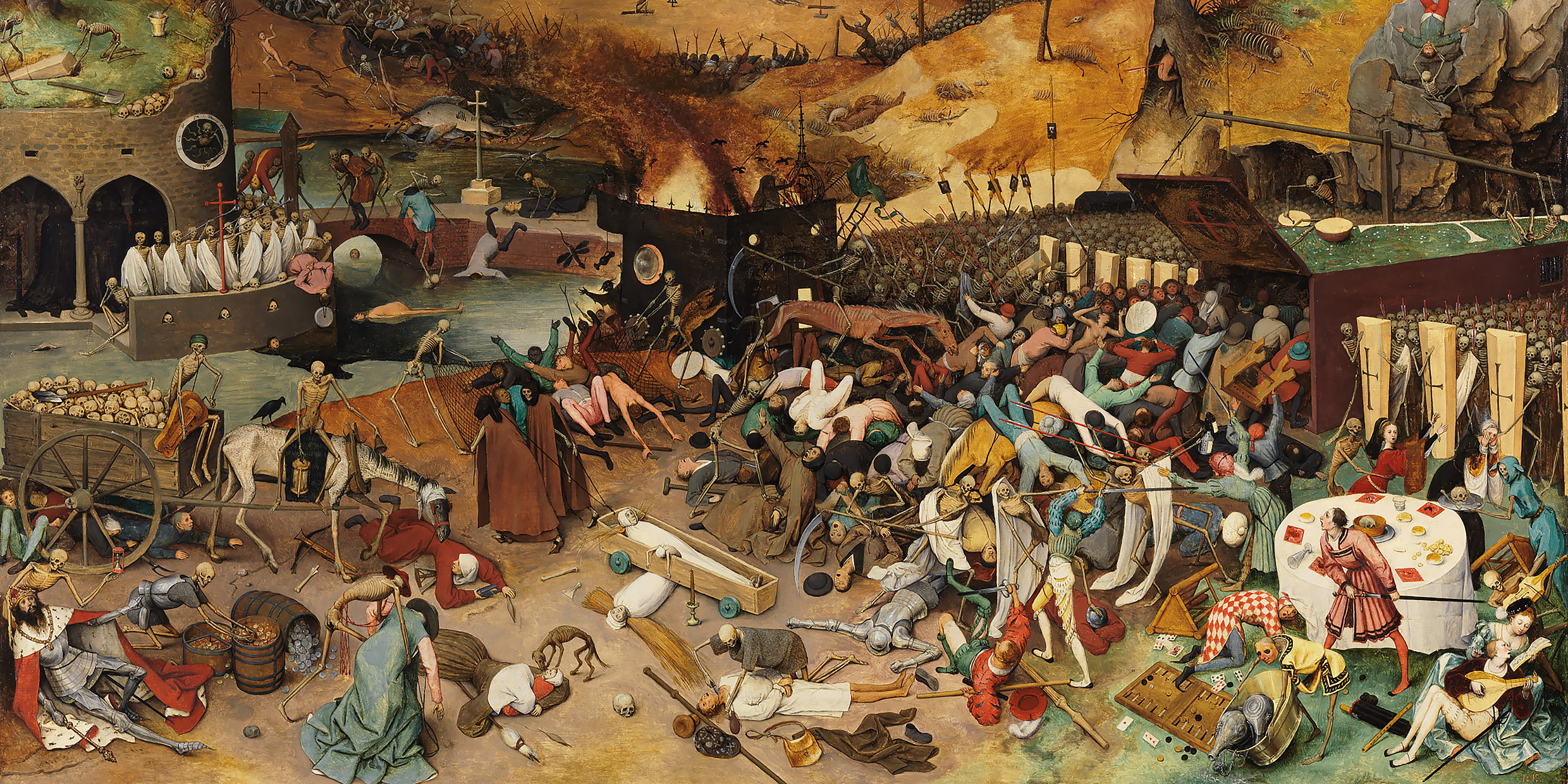Originally published 25 March 1996
I was recently at Grinnell College in Iowa talking with a group of talented young nature writers. They had read a couple of my books, and generally approved of the way I tried to relate science to human values. However, they took me to task for what they perceived as condescension towards astrology, crystal therapy, parapsychology, and other New Age superstitions.
I had called these things “baloney.” Don’t be so cocksure, they said. Remember, that even Galileo was a victim of close-mindedness.
Their point is well-taken. There is more to the world than meets the eye and it behooves us not to dismiss anything too quickly. However, I do not dismiss these pseudosciences quickly; I have studied the evidence and it is unconvincing.
But I will try to be more sympathetic with young believers.
The students are looking for spiritual meaning in their lives. They value the scientific way of knowing, and some of them have turned away from traditional religious faiths that they perceive to be in conflict with science. But they have not found much in science that answers their need to feel at home in the universe.
What they are looking for, it seems to me, is a sense of stewardship for the Earth. They want to feel part of an organic system in which their individual existences make a difference.
So they turn to the “Movement,” a collective New Age openness to forces and possibilities that flicker about the margins of science. They align themselves with powers and spirits that they perceive to be consistent with science, but which escape the grim calculus of the reductionists.
Their quest is sincere, but I wish they could find something better to latch onto than pseudoscience. Science has unfolded a creation story that is infinitely more majestic and meaningful than any mishmash of New Age enthusiasms.
But we have not yet learned how to connect the scientific creation story to our search for spiritual fulfillment. That’s not the students’ fault, nor is it the fault of scientists. We have been failed by our philosophers, theologians, and spiritual leaders.
Cultural historian and Roman Catholic priest Thomas Berry is one of the few scholars to address the problem head-on. He roots the difficulties we face today in the Black Death of the late Middle Ages.
The Plague that began in Constantinople in 1334 killed off one-third to one-half of the population of Europe within 20 years. Subsequent visitations likewise decimated the population. It is difficult for us to grasp today the horrible dimensions of the dying.
There were two responses to this trauma, says Berry: One part of the community sought to enlist the intervention of supernatural forces in a world that seemed increasingly hostile to man; another part sought to remedy earthly terror by understanding earthly process.
The first response led to forms of religious faith that emphasize redemption rather than creation; the second led to science. The first sees the material world as the enemy; the second sees matter as an amoral matrix upon which we can impose our will.
We have not yet resolved this split in our culture, says Berry. We have a new scientific creation story, but we have not integrated the story into our lives as believers and seekers. An integral story of creation and redemption has not emerged, he says, and no community can exist without a community story.
If Berry is right, the Grinnell students are struggling with a problem that should concern all of us.
There are two communities in America today. One rejects the scientific creation story in favor of an obsolete story that at least had the virtue of working in its time. The other community buys into the scientific story but languishes without a collective means for expressing worship and praise.
The antagonisms between the two communities are deeper than they appear to be, says Berry: “This is precisely why communication between these two is so unsatisfying. No sustaining values have emerged. The problems of the human are not resolved. The human adventure is not dynamized.”
In conversations with the students, I sensed a dissatisfaction with the partial answers of both communities and a determination to do something about it. Their preoccupation with pseudosciences will pass. Behind it is something deeper and truer: A commitment to the Earth that is integral, organic, and grounded in scientific knowledge; and a conviction that every being on the planet has its own self, value, and mystery.
Only when we see ourselves as integral and worthy parts of creation, with a profound sense of stewardship, will creation and redemption come together. If we are to save the Earth (ourselves included), science must provide the knowledge and spirituality the motivation.
It had better happen soon, or there won’t be much left to save. My visit to Grinnell gave me hope that the current generation of educated young people, faced with a biospheric cataclysm comparable to the Black Death, will not settle for the half-way answers of their parents.



